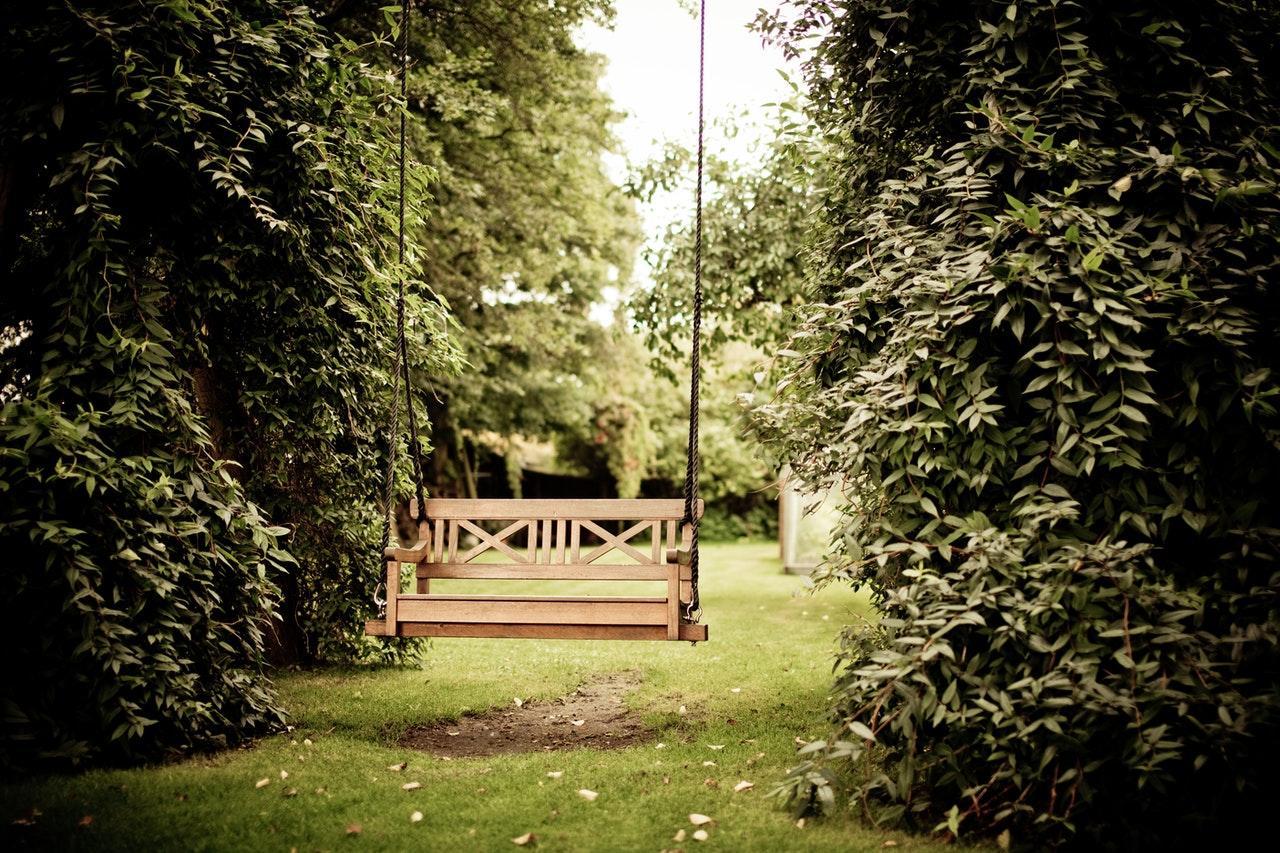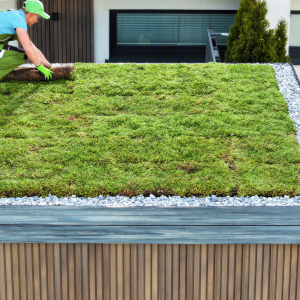Gardening is one of the few pastimes that can be enjoyed all year round; no matter rain, snow, or sunshine, it doesn’t seem to bother the plants. But each season has its own challenges, and it pays to be prepared. Summer, for one, has its fair share of problems. Heat waves, prolonged droughts, and strong winds can all wreak havoc on your garden.
Common gardening issues
Here are some of the most common gardening issues you may face this summer and how to deal with them.
Heat waves
Heat waves are becoming more common and intense, so we must prepare for them. It is much more likely to experience a heat wave this summer than it was 20 years ago.
It is essential to keep your plants well-watered during a heatwave. The first thing you should do is check the soil for moisture. If it is dry, water your plants. Make sure the water reaches the roots and does not evaporate before it does.
If you can, water your plants in the morning or evening when it is cooler. Adding mulch to your plants is also a good idea to help keep the soil moist. If it is a particularly hot day, you can try to provide some shade for your plants, either with a tarp or a piece of cloth.
Prolonged droughts
Droughts are becoming more common, and they can cause a lot of problems for your garden. The most noticeable problem is that your plants will not have enough water. If you live in an area that is prone to drought, it is a good idea to water your plants more regularly. If possible, water them in the morning or evening when it is cooler.
Mulch is also a good idea as it will help to keep the soil moist. You can use any type of mulch, such as straw, leaves, or even plastic.
Strong winds
Strong winds can cause a lot of damage to your plants. The most common problem is that the plants will be blown over. To prevent this, you can stake your plants or tie them to something. This will help to keep them in place.
Another problem that strong winds can cause is that they can dry out your plants. If this happens, you will need to water them more often.
Pests
Pests are always a problem, but they are especially a problem in the summer. The most common pests are aphids, caterpillars, and mites. Aphids are small green insects that feed on the sap of plants. They can cause a lot of damage, and they are especially a problem for roses.
Caterpillars are the larvae of moths and butterflies. They can eat a lot of leaves, and they are especially a problem for cabbage and lettuce.
Mites are small spider-like creatures that feed on the sap of plants. They can cause a lot of damage, and they are especially a problem for roses. You might also find silver colored bugs in the soil, which can turn out to be springtails, isopods, or thrips. Although these little bugs aren’t harmful to people, they can damage plants.
The best way to deal with pests is to prevent them from getting into your garden in the first place. You can do this by keeping your garden clean and free of debris. You can also try to attract beneficial insects, such as ladybugs, into your garden.
If you have pests, you can try to control them with insecticidal soap or horticultural oil. You can also try to handpick them off your plants.
Diseases
Diseases are also a problem, especially in the summer. The most common diseases are powdery mildew, black spot, and rust.
- Powdery mildew is a white powdery fungus that grows on the leaves of plants. It is especially a problem for roses.
- A black spot is a black fungus that grows on the leaves of plants. It is especially a problem for roses.
- Rust is a red or orange fungus that grows on the leaves of plants. It is especially a problem for roses.
If your garden is affected by the disease, you can try to control it with fungicidal soap or horticultural oil. You can also try to handpick the affected leaves off your plants.
Weeding
Weeding is always a problem, but it is especially a problem in the summer. The best way to deal with weeds is to prevent them from getting into your garden in the first place.
You can do this by keeping your garden clean and free of debris. You can also try to use a mulch to prevent weeds from germinating. If you do have weeds, you can try to control them with herbicidal soap or horticultural oil. You can also try to handpick them off your plants.
To sum up
Summer is a great time to be gardening, but it does have its challenges. Heat waves, prolonged droughts, and strong winds can all cause problems for your garden.
Pests, diseases, and weeds are also a problem, but they can be controlled. If you are prepared, you can prevent or control these problems and have a great summer garden. You might even find yourself achieving the trendiest garden by following the tips here!





